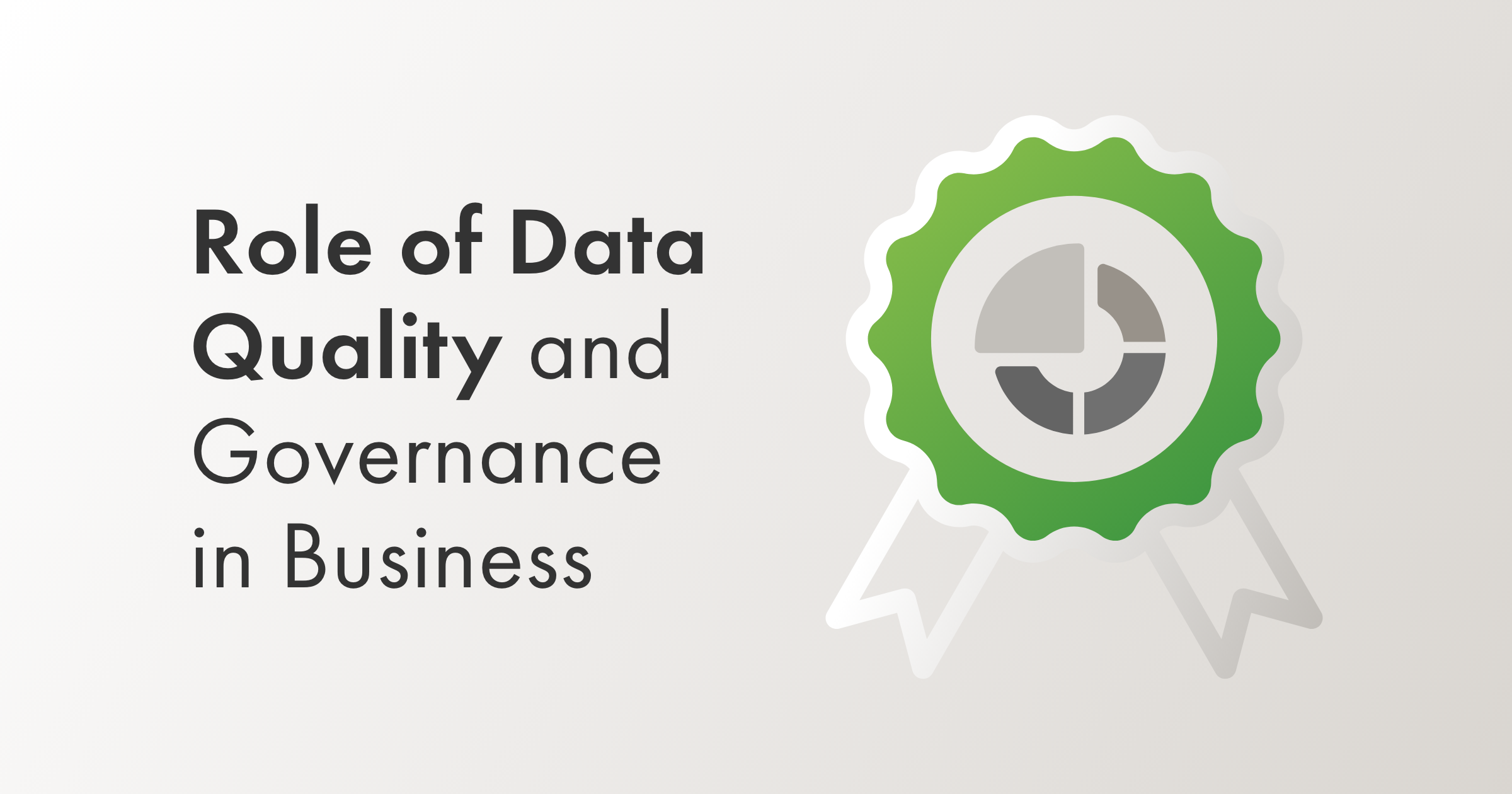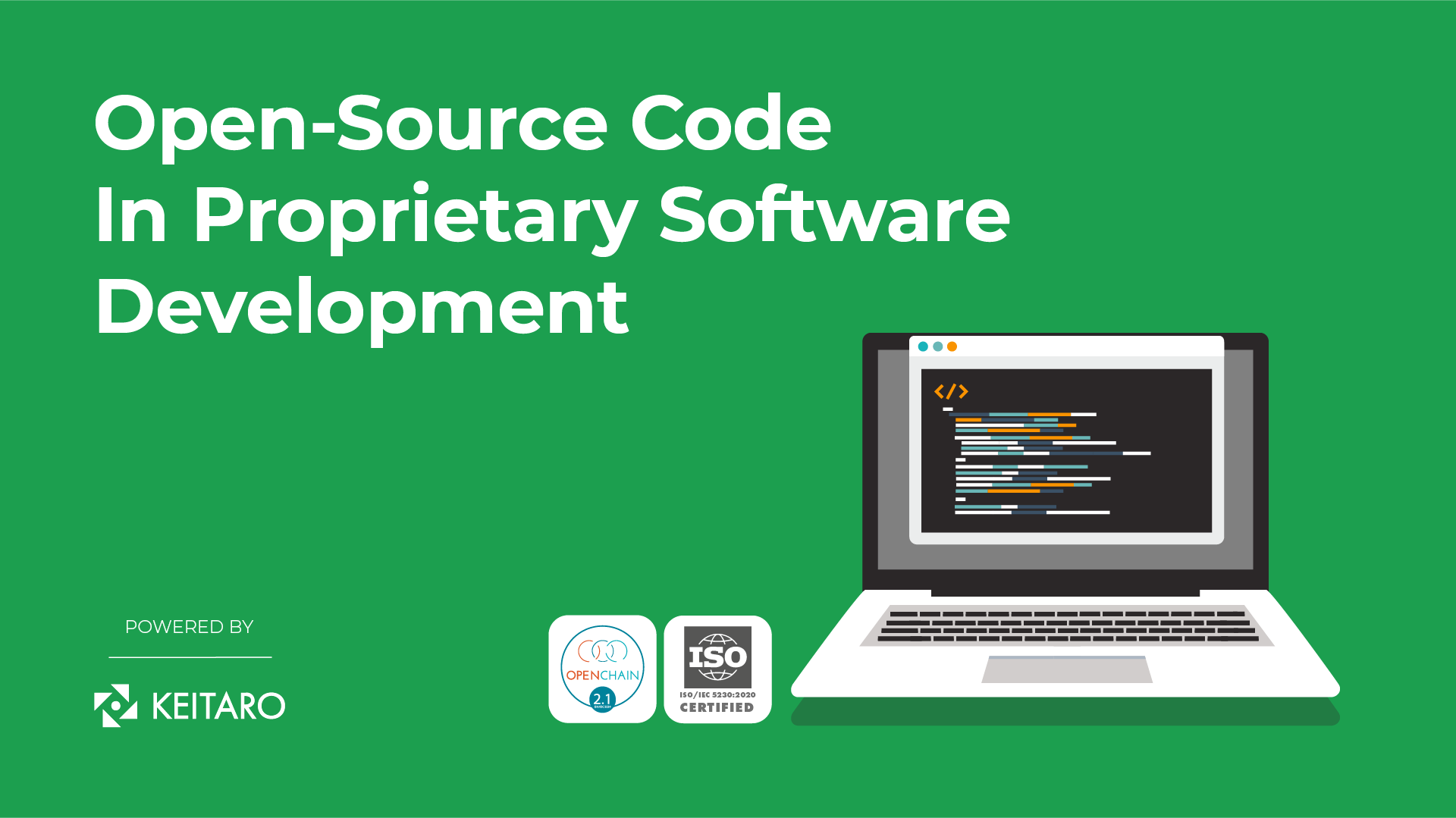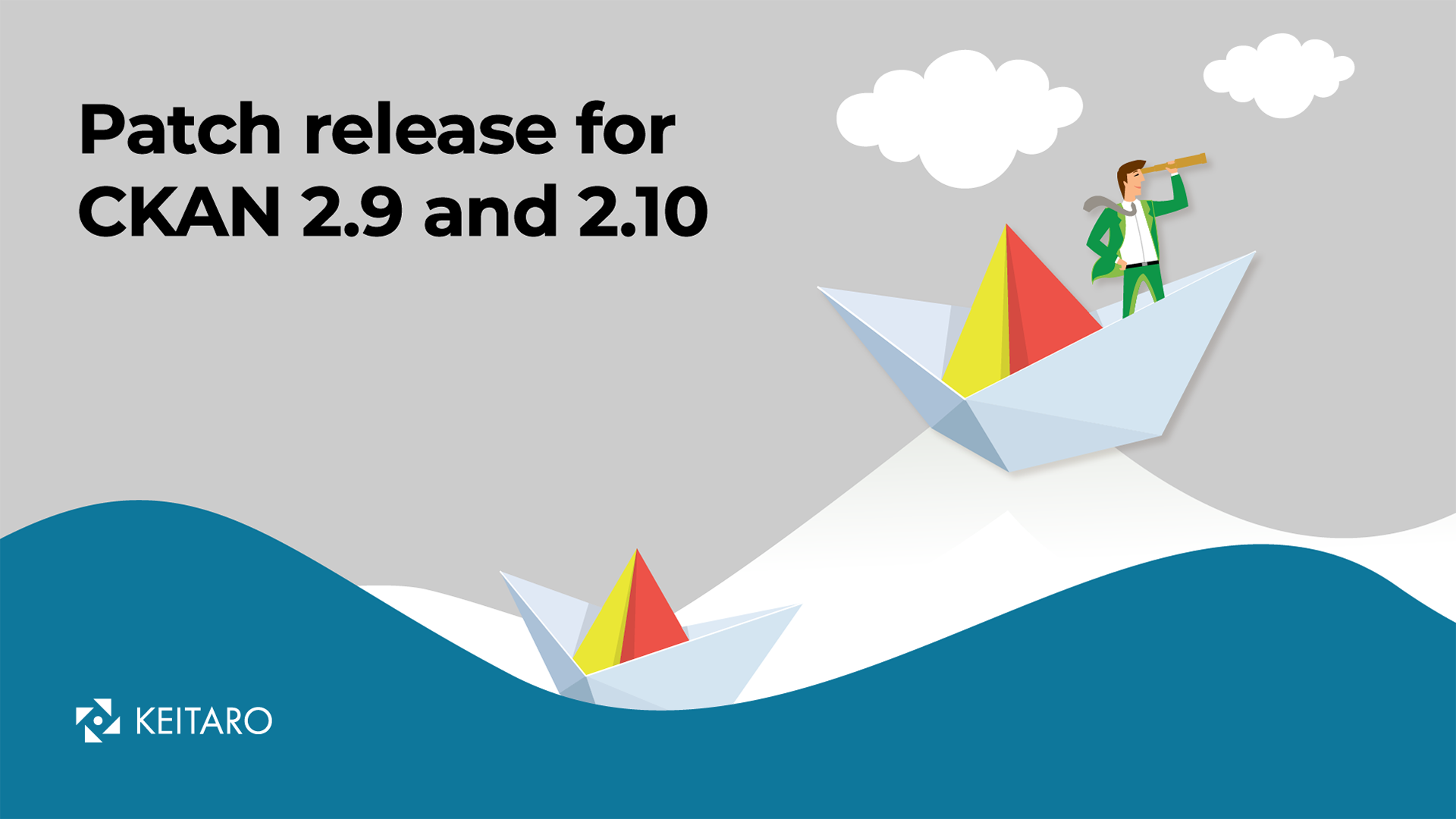With the rapidly growing influence of data-driven business operations and the trend toward digital transformation, data quality and governance play increasingly key roles. Although these may seem like two separate disciplines, their functions are interrelated. In fact, a business cannot just focus on data quality or data governance alone and ignore the other. This blog will explore and clarify the important roles these should play in day-to-day business operations.
Why do you need Data Quality and Data Governance?
Data quality is a measure of accuracy, authenticity, and completeness, attributes that ensure data is fit for consumption. Data-driven organizations need high quality data they can trust to support effective decision-making. The more quality data you have, the more valuable the insights you can extract from it. In addition, high quality data is much easier to utilize, increasing the overall efficiency of an organization.
On the other hand, we have data governance which is a collection of processes, standards, policies, metrics, and roles that facilitate efficient and effective use of data. It is required to ensure that the data assets of an organization are properly, formally, and efficiently managed across the organization. It guarantees that data is accessible, protected, and usable. Moreover, it is an organization’s data governance policies that let teams collaborate on data easily.
How to Incorporate Data Quality and Data Governance?
Since data quality and governance are crucial for business success, the next question is how to incorporate data quality and governance? As organizations are handling an unprecedented amount of data today, what data should be focused on first?
The recommended approach is to start by focusing on two key elements, i.e., identifying critical data elements and evaluating the risks of poor data quality. This way, an organization will know the main area to focus on. Afterwards, it can deploy data governance for creating business rules and setting up data management policies that are central to the critical data elements identified beforehand.
When data policies and standards are put in place, the organization can then let the data quality team reflect those measures in their practices and ensure that the targeted data elements are adhering to those data quality standards. This way, an organization starts governing the critical data elements, while the risks linked with poor quality vanish with well-planned data quality practices.
How do Data Quality and Governance Overlap?
A business cannot expect to have a robust data strategy without practising well-planned data governance and inline data quality measures. Data governance plays a key supporting role in structuring data quality.
Data governance helps a business in a number of ways, including:
- It helps in standardizing data policies, systems, and procedures.
- It improves data management, its availability, its use, and overall transparency.
- It facilitates meeting the myriad compliance and regulatory standards.
- It helps in resolving various data-centric issues.
In short, data governance has an impact on accuracy, privacy, management, compliance, integration, and security. All these factors are needed to monitor and improve overall data quality and extract the true benefits from the data. This is perhaps best illustrated with an example.
In the healthcare sector, HIPAA legislation requires the protection of patient data. A proper data governance plan standardizes how to use, manage, and protect patient data as per the required regulations. Afterwards, a data quality system highlights whether the organization is using and processing the data as standardized by the data governance plan.
Conclusion
In a nutshell, data governance brings both data creators and data users together under one roof, triggering an environment of better understanding and communication for improving data quality. What’s more, an organization cannot successfully govern and manage its data sets without also practising data quality. Therefore, data quality and data governance both go hand in hand and let any data-driven business leverage the true potential of data.



